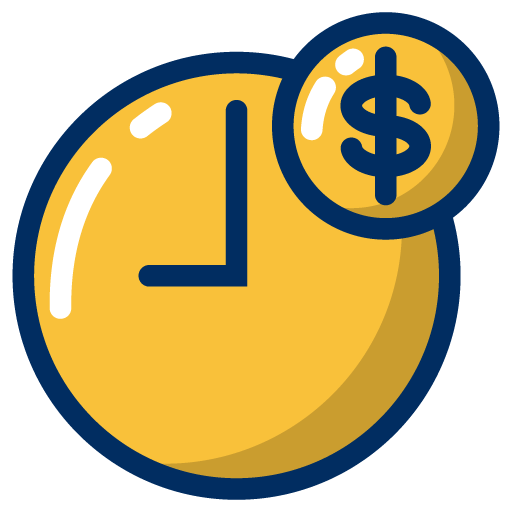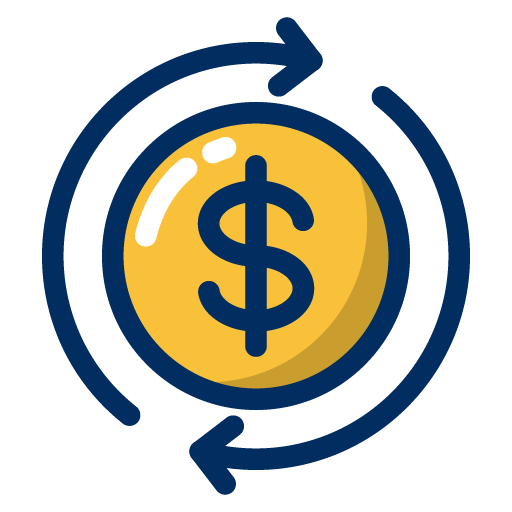

Aspects

Aspects

Aspects

Aspects

— The work of the international currency market and basic principles, currency pairs and quotes, indicators — Web platform and terminals - speed and performance, functionality and convenience of the interface, compatibility and security. — Technical and fundamental analysis The differences and conditions of these types of analysis.
— The work of the international currency market and basic principles, currency pairs and quotes, indicators — Web platform and terminals - speed and performance, functionality and convenience of the interface, compatibility and security. — Technical and fundamental analysis The differences and conditions of these types of analysis — The basics of graphic analysis and market patterns (Levels, lines, trends, channels,candlesticks, waves) — Trend indicators and oscillators. — News analysis Features of the trading methods based on news. — Auto Trading Software providers on the currency market, expert advisors, trading system optimization.







Now that you’ve studied the basics of technical and fundamental analysis, as well as the importance of proper risk management techniques, it’s about time to take a look at another crucial component of forex success: trading psychology.
Trading psychology allows you to stay focused even in the middle of a long losing streak and gives you confidence to bounce back from a large drawdown. It enables you to keep a clear head and manage your expectations when you’re having a good run. This is what separates seasoned trading pros from beginners, as proper trading psychology makes you focus on the process and not the profits.
As with professional athletes that also have a sports psychology mentor that helps them keep their head in the game, traders also need guidance when it comes to having the right frame of mind, especially during ever-changing market situations. In a fast-paced trading environment, one can easily get distracted or stressed in trying to make money, but trading psychology ensures that one is focused on staying disciplined or keeping a level head.
With its almost six trillion dollars daily turnover, the Forex market depends on Forex news to move.


It is the quotation of one currency unit against another currency unit. For example, the euro and the US dollar together make up the currency pair EUR/USD. The first currency (in our case, the euro) is the base currency, and the second (the US dollar) is the quote currency. As you see, we use short forms for currencies: euro is EUR, US dollar is USD, and Japanese yen is JPY.
It is the rate at which you exchange one currency for another. The exchange rate shows you how much of the quote currency you need if you want to buy 1 unit of the base currency.
Example: EUR/USD = 1.3354. This means that 1 euro (the base currency) is equal to 1.3354 US dollars (the quote currency).
Now take a quick peek at how the euro is doing against the Japanese yen: for 1 euro I can get 106.53 Japanese yen (i.e. EUR/JPY=106.53). Maybe I’ll wait until the euro gets stronger before I exchange it and fly to Tokyo again.
The exchange rate may change in 2 days or 1 week, though. It may even stabilize for a while. Okay, but when? If you’re a time freak like me, the when is important to you, too.
It is a market price that always consists of 2 figures: the first figure is the bid/selling price, and the second is the ask/buying price. (e.g. 1.23458/1.12347).
Also known as the offer price, the ask price is the price visible on the right-hand side of a quote. This is the price at which you can buy the base currency.
For example, if the quote on the EUR/USD currency pair is 1.1965/67, it means that you can buy 1 euro for 1.1967 US dollars.
It is the price at which you can sell a currency pair.
For example, if the EUR/USD is quoted at 1.4568/1.4570, the first figure is the bid price at which you can sell the currency pair.
Bid is always lower than ask. And the difference between bid and ask is the spread.
It is the difference in pips between the ask price and the bid price. The spread represents the brokerage service costs and replaces transaction fees.
There are fixed spreads and variable spreads. Fixed spreads maintain the same number of pips between the ask and bid price, and are not affected by market changes. Variable spreads fluctuate (i.e. increase or decrease) according to the liquidity of the market.
It is the currency you choose when you open a trading account with Admiral Investments. All your profits and losses will be converted into that particular currency.
At Admiral Investments you can open any kind of trading account you prefer with many base currency options: USD, EUR, GBP, JPY, CHF, AUD, HUF, PLN, or RUB.
So if you open an account in USD but you transfer funds in EUR, the funds will be automatically converted into USD at the prevailing inter-bank price.

Risk disclosure
Investing in high-risk groups: (Forex) and contracts for difference (CFD) is a speculative transaction with high risk, which is not suitable for every investor. You may incur partial or total loss of your investment, so we do not advise you to invest capital that you cannot risk. You should be aware of the increased risk associated with leverage. We strongly recommend that you familiarize yourself with the terms and services of our website before you start using our service.
M74 TRADING Main Office: 25 Old Broad St, London EC2N 1HN, UNITED KINGDOM
M74 TRADING has its company at 24 Grasmere Gardens Ilford Essex UNITED KINGDOM
M74 TRADING is regulated by FCA with reference number (757313)